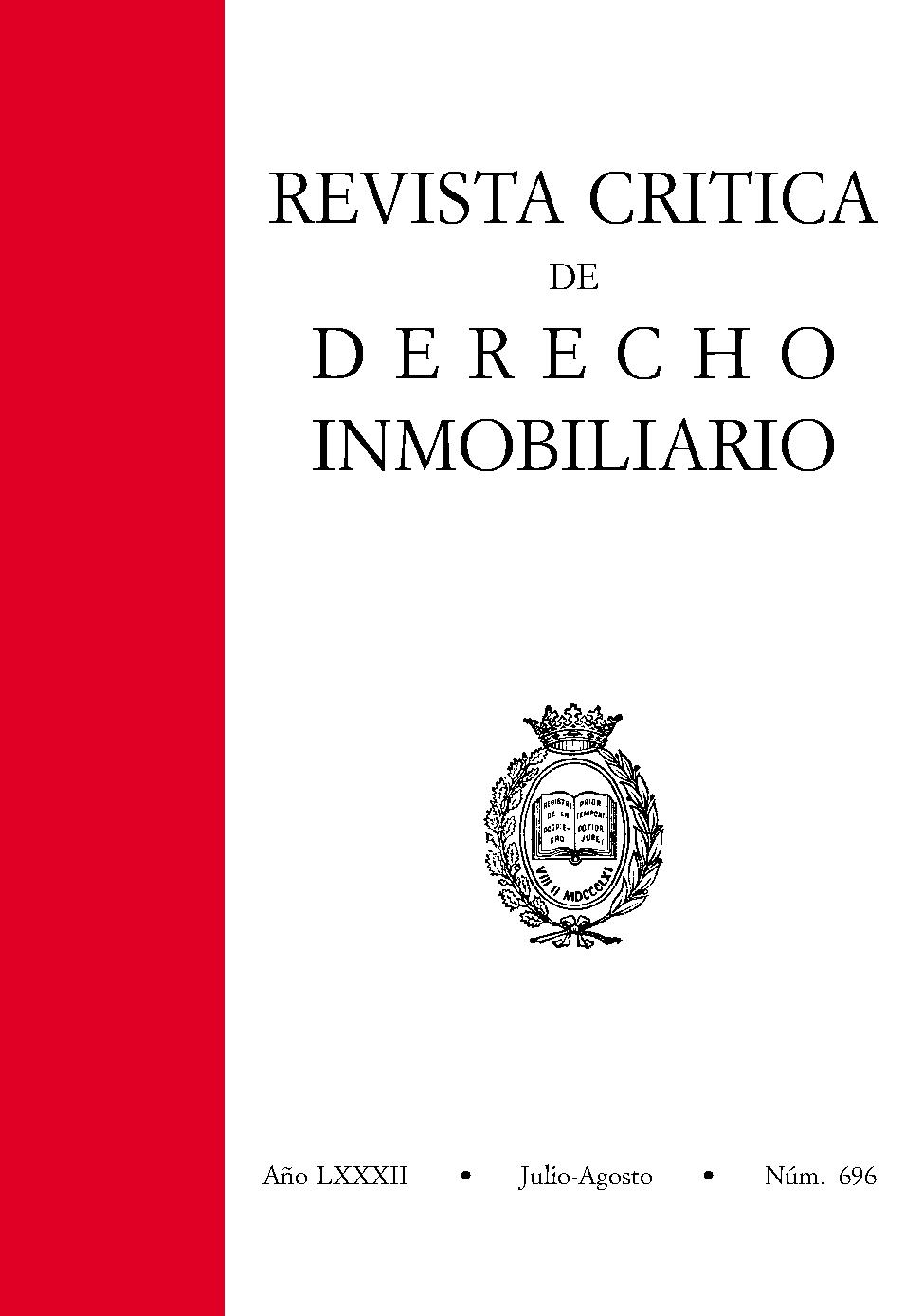CONDENA A LA EMISIÓN DE DECLARACIONES DE VOLUNTAD: ASPECTOS SUSTANTIVOS Y PROCESALES.
Keywords:
ENFORCEMENT OF JUDGMENTAbstract
The new Civil Proceeding Act (ACT 1/2000 OF 7 JANUARY) has satisfied the desires of many legal operators by replacing the old set of rules embodied by the former Proceeding Act of 1881. One of the apparently most novel rules is article 708, which disciplines the enforcement of judgments sentencing a party to issue a declaration of intention. This point is the subject studied in this paper, which attempts to map out the problems of interpretation that may arise and their possible solutions, and to do so from both the substantive and the procedural points of view. The task herein pursued necessarily begins with the analysis of a number of substantive concepts such as the precontract, whereas procedural doctrine on the topic considers the precontract to be one of the primary cases envisaged in the rule in question. Subsequently there is a study of the different problems the rule suggests, both substantively and procedurally, and the paper ends by referring to other cases where the rule may come into play, paying special attention to sentences requiring notarization. In short, the work endeavours to arouse in the reader certain concerns that go beyond the apparent letter of the law, to wit: Is it a true case of enforcement? Can a judgment replace the intention of persons who have not been party or, having been parties, have not declared any intention to transact? What happens in the case of formal transactions? These and other questions are dealt with in a work that I hope is interesting enough not to bore the reader.









